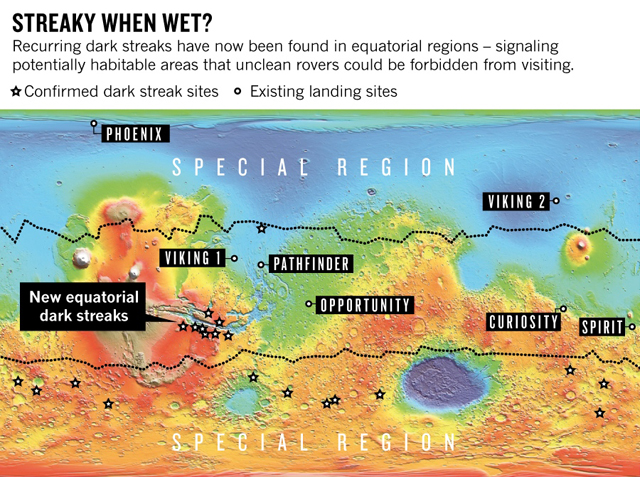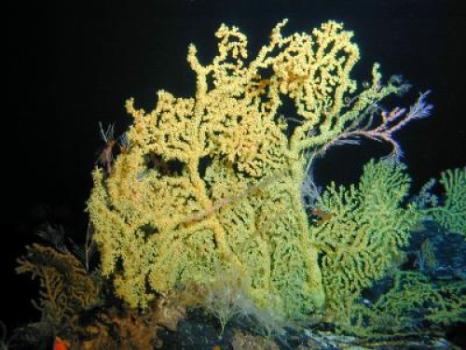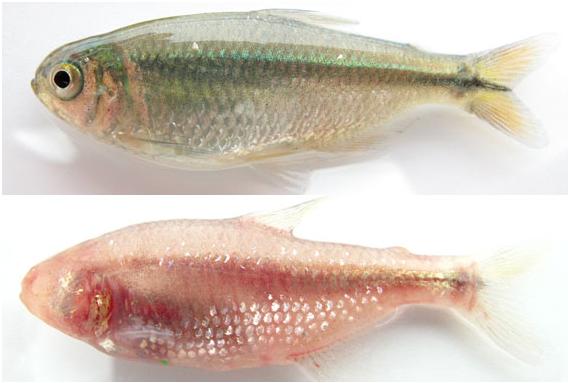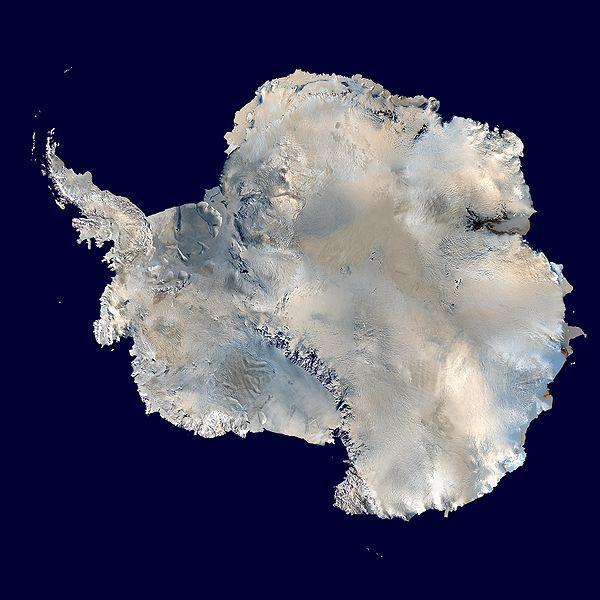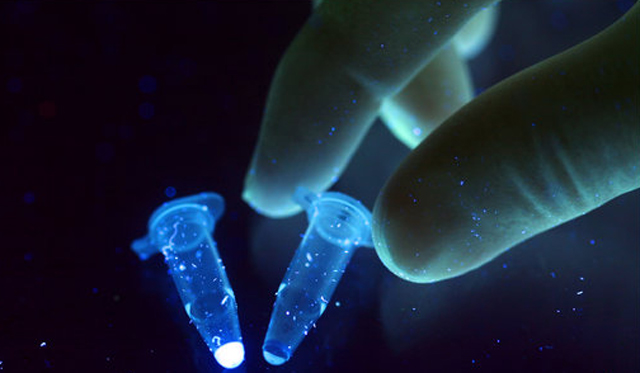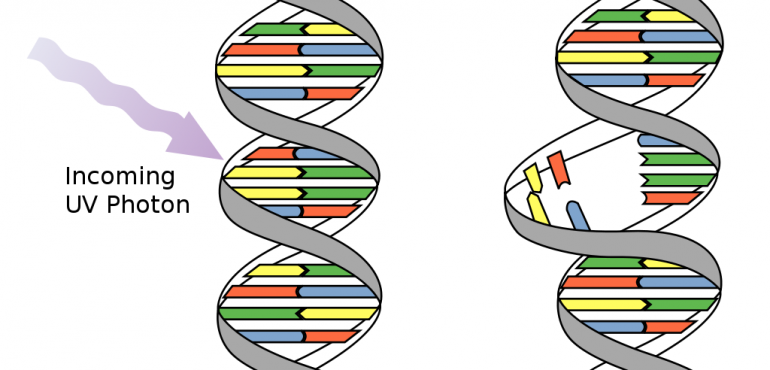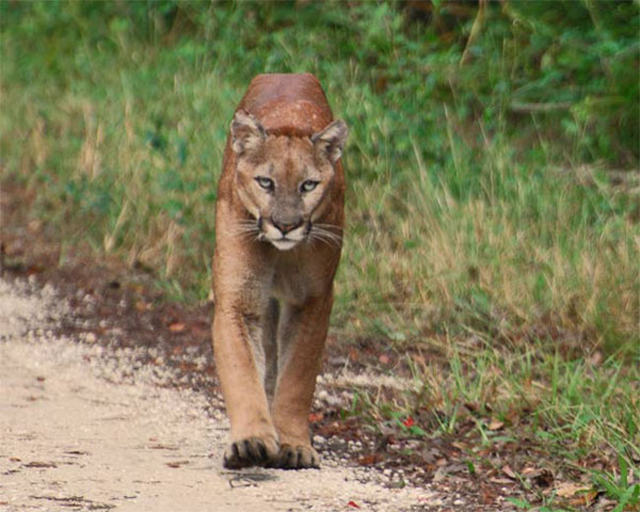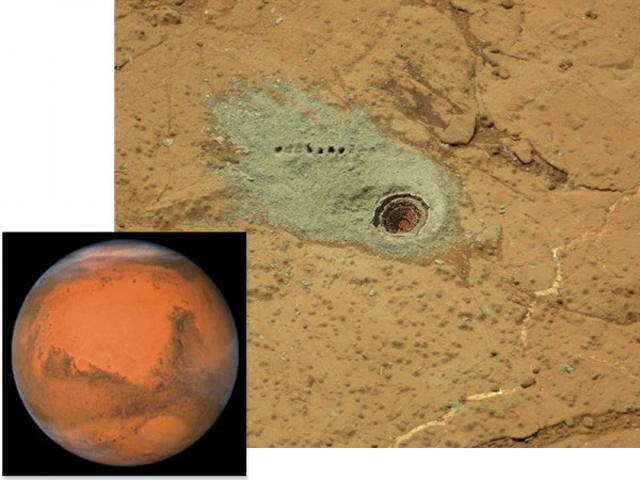Dark streaks that hint at seasonally flowing water have been spotted near the equator of Mars1. The potentially habitable oases are enticing targets for research. But spacecraft will probably have to steer clear of them unless the craft are carefully sterilized — a costly safeguard against interplanetary contamination that may rule out the sites for…
Read more
Water seems to flow freely on Mars
